FM 2030 Transhumanist Pioneer.
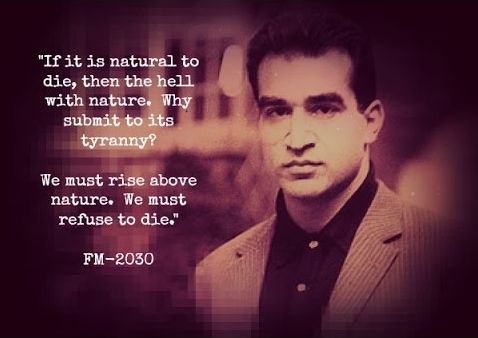


My new Vice Motherboard article on increased social media use, trolling and what psychologically it might be doing to us:
The internet has turned us into belligerent critics.
The amount of growth Facebook has experienced in active users from 2012 to 2016 is staggering. An extra 650 million members joined worldwide in that election cycle. In the same years, Twitter—the ultimate blow-your-top-outlet-without-thinking—has grown from 340 million tweets a day to over 500 million (or 200 billion a year). In fact, many politicians and similar public personalities weren’t even on Twitter in 2012. Snapchat didn’t even exist until September of 2011.
One of the things that worries me most over this phenomenon is that capitalism allows us make to money off trolling. Lots of money. Like the unsavory consequences of cigarettes, Facebook wants you to get in endless heated discussions with people you don’t personally know and fight it out online. Every time you click and comment, their purse grows from ad sales.
Apart from the negativity of arguing with people endlessly, I’m constantly astonished by the things people say to me on social media—knowing well that I often read them. It’s not the death threats I worry about from the psychos or mentally deranged—it’s the normal people that scare me. Many have good jobs, college educations, and families, but they still say hair-raising stuff. And it’s the fact they espouse this vitriol regularly. Here’s a few:
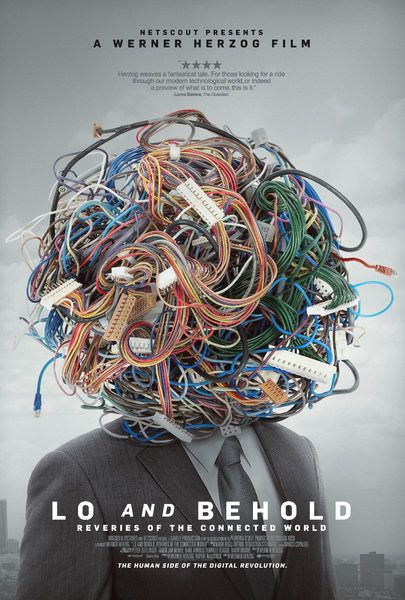
Legendary master filmmaker Werner Herzog examines the past, present and constantly evolving future of the Internet in Lo and Behold: Reveries of the Connected World. Working with NETSCOUT, a world leader in-real time service assurance and cybersecurity, which came aboard as a producer and led him into a new world, Herzog conducted original interviews with cyberspace pioneers and prophets such as PayPal and Tesla co-founder Elon Musk, Internet protocol inventor Bob Kahn, and famed hacker Kevin Mitnick. These provocative conversatons reveal the ways in which the online world has transformed how virtually everything in the real world works, from business to education, space travel to healthcare, and the very heart of how we conduct our personal relationships.
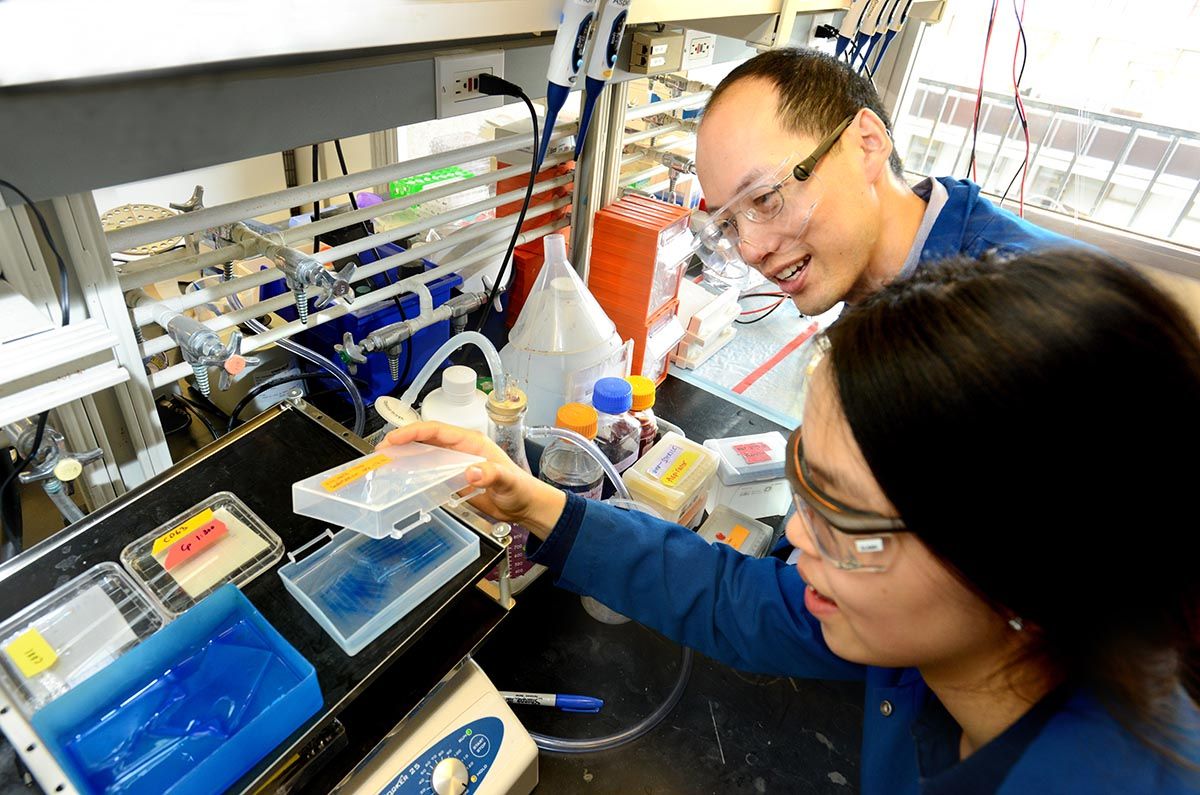
Interesting concept; my only concern is to individuals with nuero diseases or prone through genetics to have neuro diseases. For Dystonia patients/ victims who have copper compounds in their systems can potentially develop a form of secondary dystonia which can be terminal. Also, my years in the labs at ORNL taught us a lot about heavy metal exposures (including copper compounds); so I am a bit taken back by this article.
A new study is further burnishing copper’s reputation as an essential nutrient for human physiology. A research team led by a scientist at the Department of Energy’s Lawrence Berkeley National Laboratory (Berkeley Lab) and at the University of California, Berkeley, has found that copper plays a key role in metabolizing fat.
Long prized as a malleable, conductive metal used in cookware, electronics, jewelry and plumbing, copper has been gaining increasing attention over the past decade for its role in certain biological functions. It has been known that copper is needed to form red blood cells, absorb iron, develop connective tissue and support the immune system.
The new findings, to appear in the July print issue of Nature Chemical Biology but published online today, establishes for the first time copper’s role in fat metabolism.
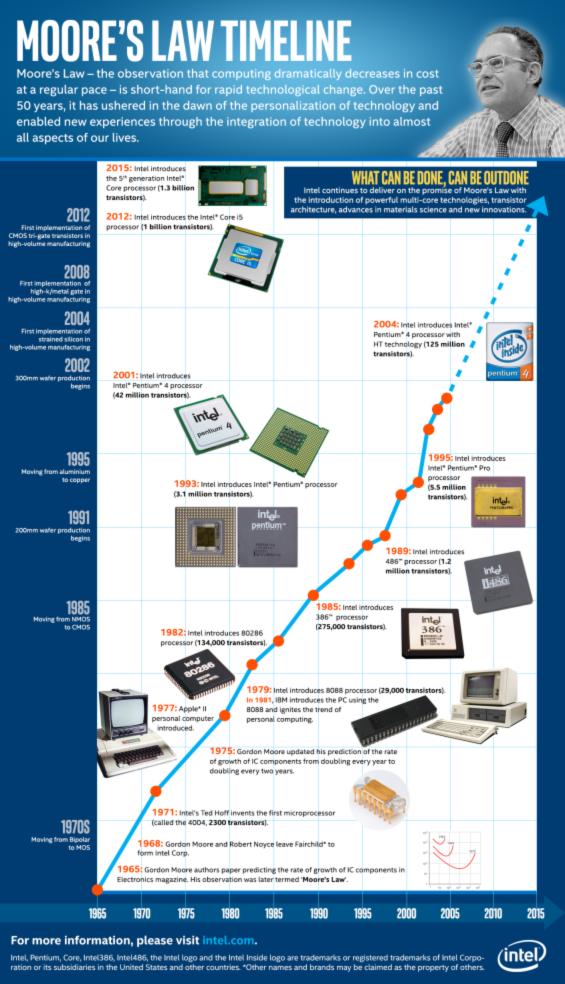
Change is coming; will you be ready?
I remember many decades ago when folks were trying to learn a new OS that changed businesses, governments/ educational institutions, and households around the world. That OS was called Windows; and hearing the stories as well as watching people try to use a PC and a mouse was interesting then.
Now, the world will again go through a large scale metamorphosis again when more and more QC is evolved and made available over the next 5 to 7 years in the technology mainstream. Change is often necessary and often can be good as well.
You might ask yourself, “What is quantum computing, and how do I get involved?”
Before we begin to explain quantum computing, a brief glimpse of the past is essential to understand how quantum computing came to be.
From our very first laptop to the laptops we have today, it is clear that technology is exponentially advancing faster than our expectations. Phones and computers get thinner and faster, but why? Thanks to the effects of Moore’s Law, which states that the number of transistors in a dense circuit will double approximately every two years, the amount of “stuff” needed to be put on a board is more densely packed.

Oregon Health & Science University is currently seeking volunteers for human testing of its “promising” HIV vaccine. If that’s not enough, the Oregon university’s approach to its ground-breaking HIV vaccine is reportedly being used to develop vaccines for other diseases and infections, including tuberculosis. While many believe the TB is virtually eradicated, it actually kills almost 2 million people every year.
As Oregon Live reports, the Oregon university’s novel HIV vaccine could equate a huge step forward in the fight against HIV, as well as give the Oregon school the confidence and research it needs to pursue vaccinations against other deadly infections. In addition to being a stepping stone toward the prevention of HIV and TB, the current vaccine trials could open the door for vaccines that would prevent malaria and hepatitis C, among others.
“HIV is the poster child because it affects so many people, but there are many other conditions that are also extremely challenging to prevent or cure.”
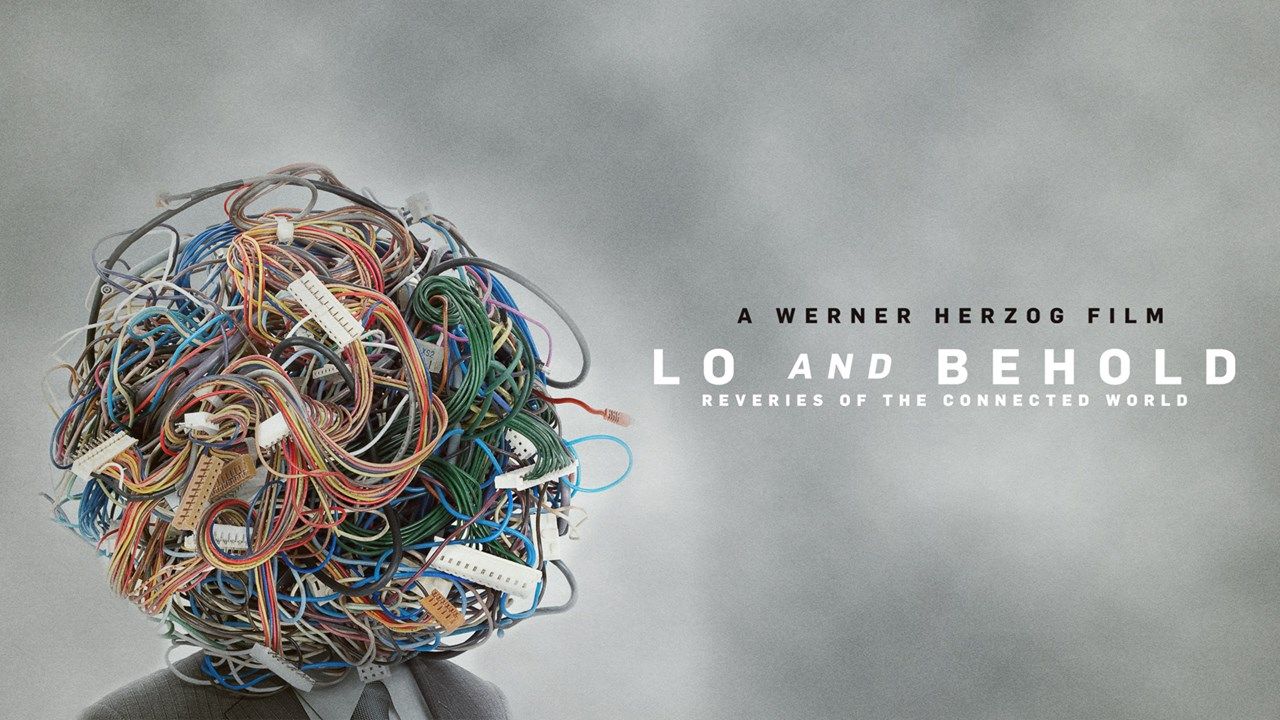
Click on photo to start video.
Legendary master filmmaker Werner Herzog (Grizzly Man, Cave of Forgotten Dreams) examines the past, present and constantly evolving future of the Internet in Lo And Behold: Reveries Of The Connected World. Herzog conducted original interviews with cyberspace pioneers and prophets such as PayPal and Tesla co-founder Elon Musk, Internet protocol inventor Bob Kahn, and famed hacker Kevin Mitnick. These provocative conversations reveal the ways in which the online world has transformed how virtually everything in the real world works, from business to education, space travel to healthcare, and the very heart of how we conduct our personal relationships.
See it in theatres, On Demand, Amazon Video and iTunes August 19th.

” The explosion of information technology on the internet has lead to some of its greatest glories.” Magnolia has released an official US trailer for the new Werner Herzog documentary Lo and Behold: Reveries of The Connected World, in which Herzog profiles the internet and how it has changed the world, for better or worse. The doc premiered at the Sundance Film Festival earlier this year to mostly positive reviews. We featured the first two trailers a few months ago while waiting for release info to be revealed. The doc has 10 distinct chapters, from “The Early Days” to “The Future”, and explores both the good and bad of what the internet has provided. I’m still quite excited to see this doc, anything by Herzog is usually quite fascinating.
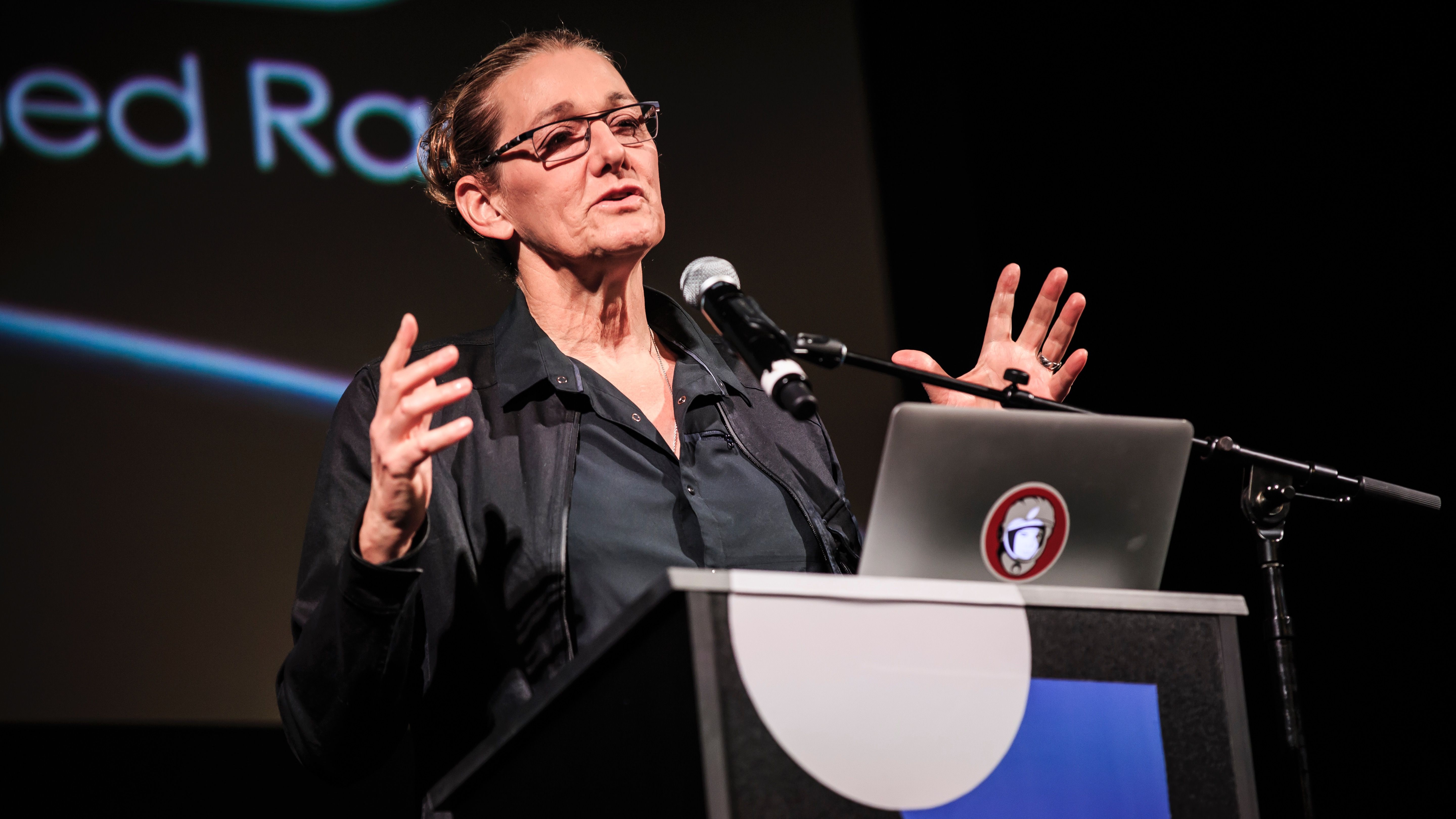
When you think about the headliners at a music festival, it’s unlikely that the first person to pop into your head would be Martine Rothblatt—the founder of Sirius XM, the one-time highest-paid female CEO in the world who made a robot clone of her wife, and the founder of the Terasem religion, which believes we’ll live forever by uploading our consciousness to the cloud. But Moogfest, a four-day citywide festival of music and technology in Durham, North Carolina, was not the average music festival. Unlike other festivals that make cursory overtures to technology, Moogfest dedicated as much time to explaining how technology influences creativity as to the creative output itself, even listing headline ‘technologists’ alongside its top-billed musical acts.
On the festival’s second day, Friday 20 May, Rothblatt took the stage to talk to a packed house at Durham’s Carolina Theater, in an atmosphere that felt far more like a TED talk than a music fest. Rothblatt, who is transgender, discussed the contentious North Carolina HB2 law, which bans transgender people from using public bathrooms of the gender they identify with; the idea that creativity would be better encouraged by free college tuition; and how she got to a point where she and her company, United Therapeutics, can actually think about 3D printing new body parts, and leaving our bodies behind—if we want. “You want to win more than you want to live,” she told the rapt crowd. “You yell ‘Geronimo’ as you jump crazily into monopolistic opposition.”
Quartz sat down with Rothblatt after her talk to chat more about her thoughts on AI, living forever, free education, and what happens to the soul once we’ve made digital copies of ourselves.
